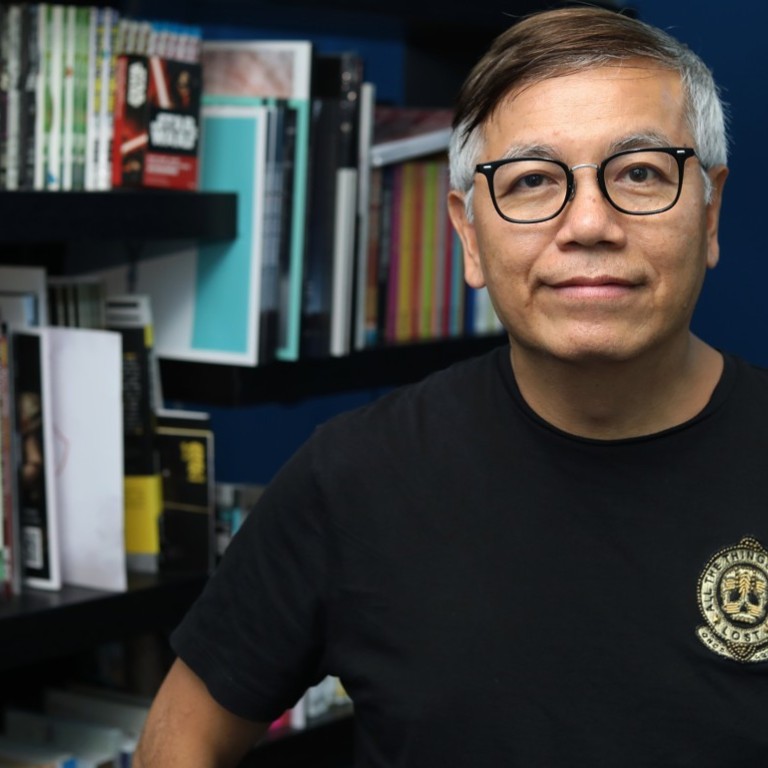The fabric of Hong Kong’s society has dramatically changed since the imposition of the National Security Law (NSL) in 2020. Once a hub of free speech and protest, the city is now gripped by fear, censorship, and a growing culture of internal surveillance — a phenomenon exemplified by figures like Innes Tang.
From Colonial Memories to Community Surveillance
Innes Tang, a 60-year-old former banker turned pro-China activist, has reported dozens of fellow Hongkongers to the police. From citizens waving colonial-era flags to bakery staff selling protest-themed cakes, Tang and his followers have flagged what they believe are NSL violations.
“We’re in every corner of society, watching,” he told the BBC, adding that he launched a hotline using his own funds to collect tip-offs from the public. His group has submitted nearly 100 reports, some of which have led to police investigations and jail terms.
The Rise of a Patriot Informant

Tang says he was driven by a love for Hong Kong and disillusionment with British colonial policies. His activism intensified during the 2019 pro-democracy protests, which he viewed as disruptive.
“Democracy or freedom were abstract ideas we didn’t really understand,” he stated, positioning his efforts as restoring “balance” rather than enabling political suppression.
Government Sanctioned Surveillance
Tang is not alone. The Hong Kong government has established its own NSL hotline, which received a staggering 890,000 tip-offs between November 2020 and February 2025. The climate of suspicion has driven mass emigration — over 300,000 people have left the city in recent years, according to Amnesty International.
Academic Freedom Under Pressure
Dr. Kenneth Chan, a political scientist, says life in academia is now marked by self-censorship. “One-third of my friends and students are in exile, another third are in jail,” he said. Government scrutiny, anonymous complaints, and a lack of protest space have left him “in limbo.” For more on this, see our post on press freedom in Hong Kong.
Legislative Silencing and Article 23
In 2021, Hong Kong’s legislature was restructured to allow only CCP loyalists to serve. Former government advisor Lew Mon-hung has criticized the move, saying the Legislative Council (LegCo) is now filled with “verbal revolutionaries.” Learn more about this in our analysis of China’s Article 23.
A Caution Even from the Patriots
Even Tang expresses some concern. “I don’t want to see every policy pass with 90% of the vote,” he said, warning that the NSL could be abused to silence dissenting voices under the pretext of national security violations.
Tang’s New Mission Abroad
Having “restored stability” in Hong Kong, Tang has shifted focus internationally. He now collaborates with pro-Beijing NGOs, attends UN sessions in Geneva, and is launching a media company in Switzerland to spread China’s narrative on human rights and Hong Kong affairs.
The Road Ahead for Hong Kong
While Tang expands his efforts abroad, the future for people like Kenneth Chan remains uncertain. “Today I’m speaking freely with you,” he said. “No-one would promise me I could keep doing it for the rest of my life.”
The Hong Kong government insists the NSL targets only a “small minority” and is essential for protecting national security. But for many, the law has normalized fear, suspicion, and silence in a city once defined by civil liberties.